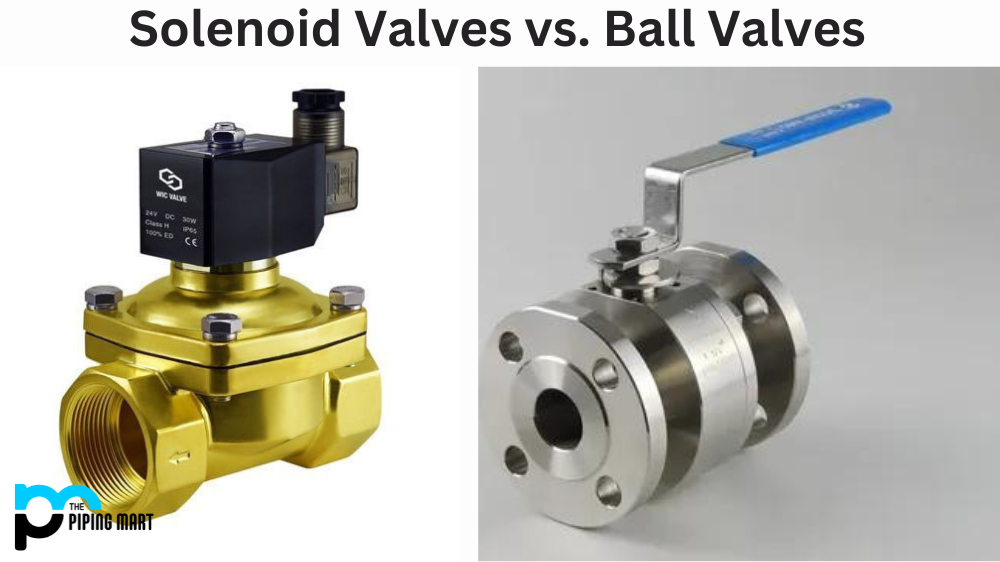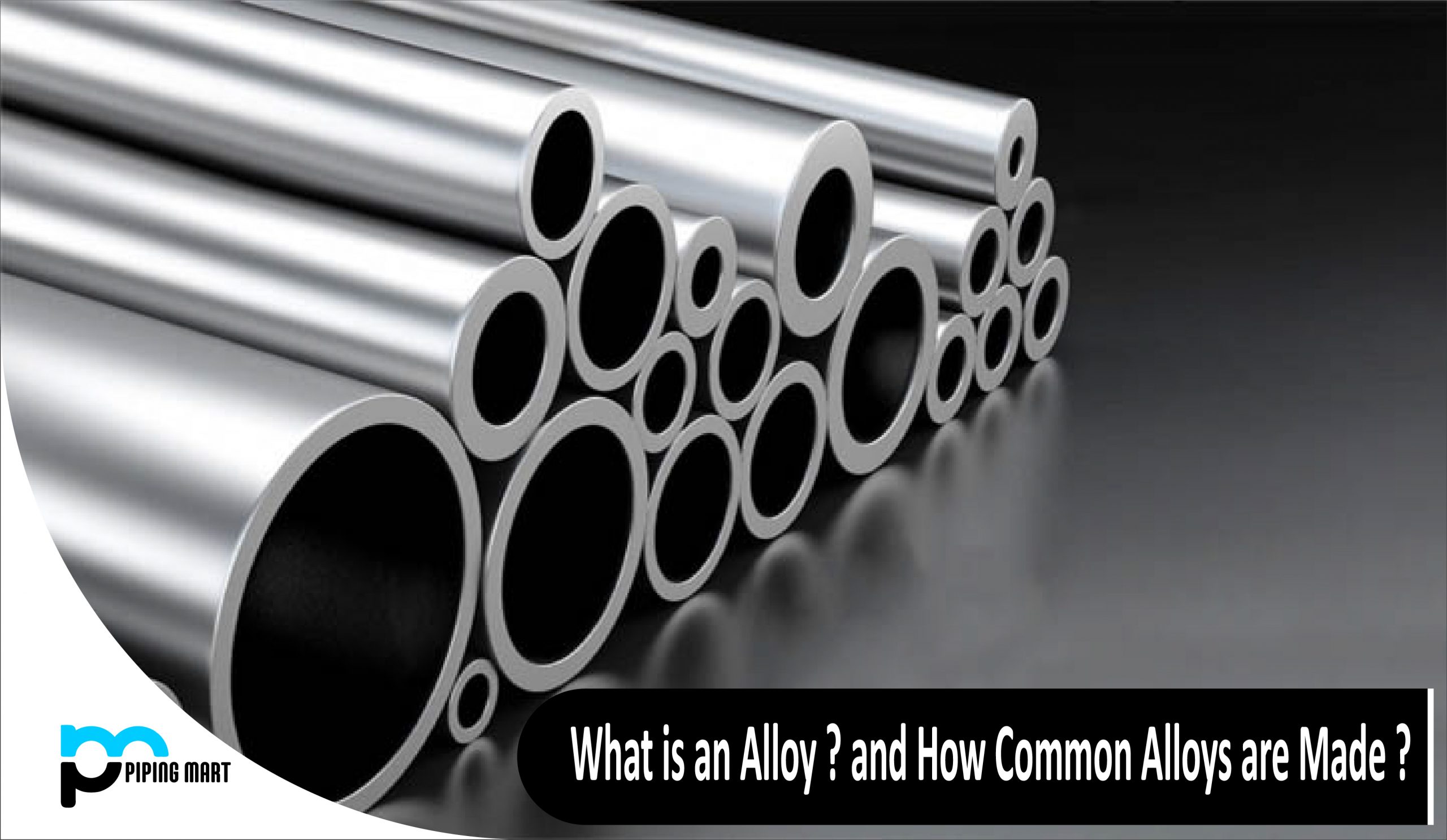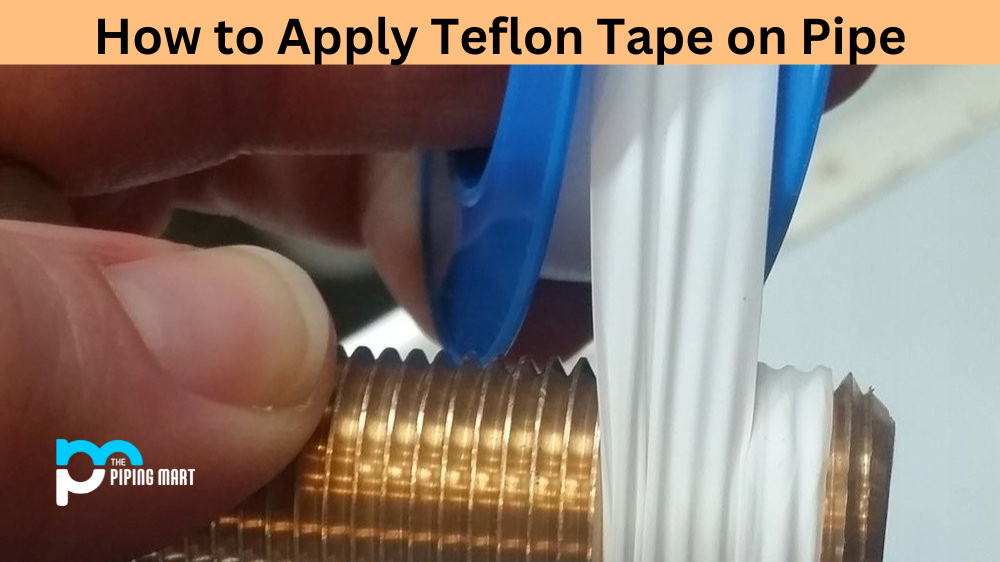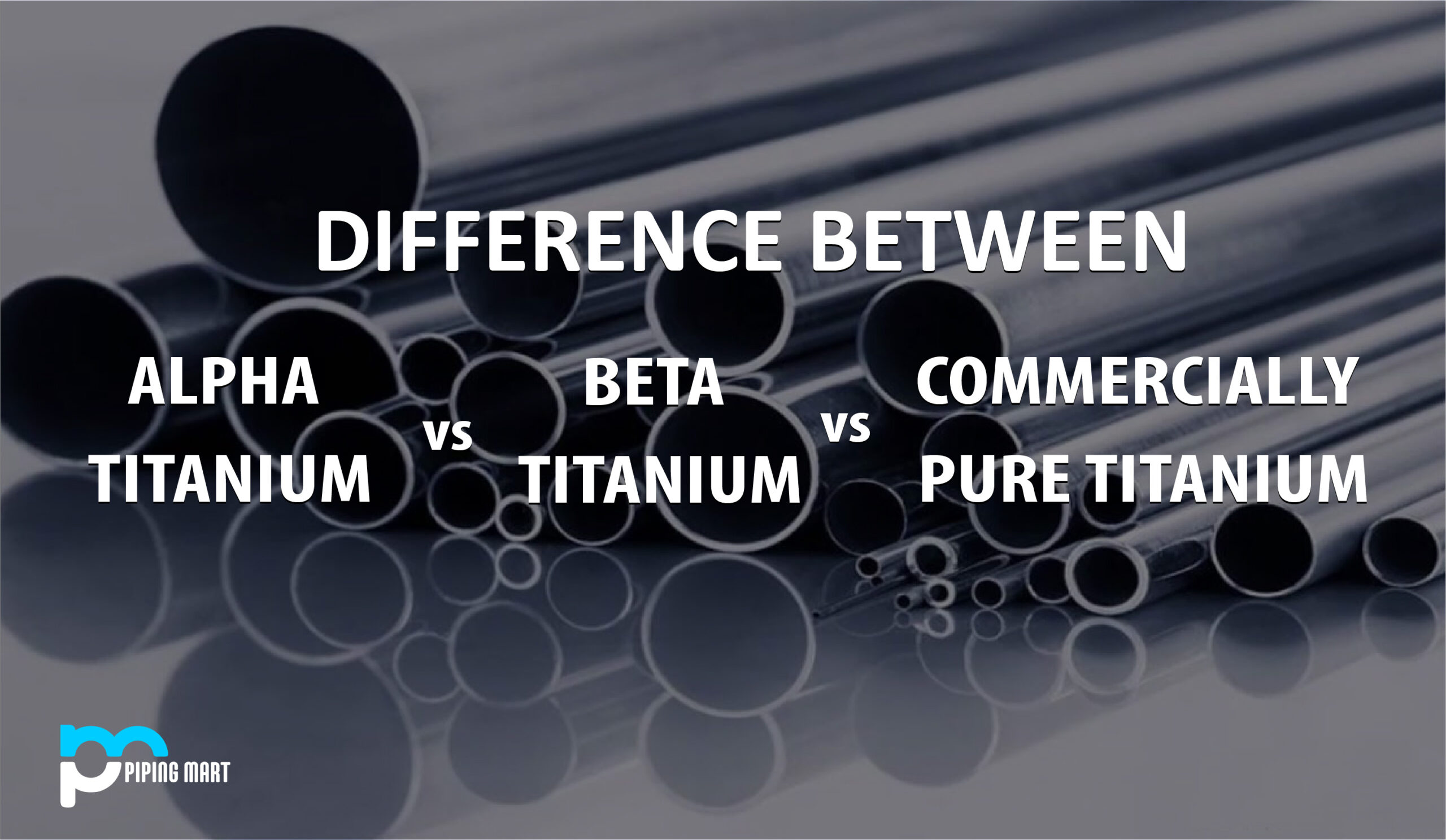Have you ever wondered what the difference is between a solenoid valve and a ball valve? Both are types of valves used in plumbing, heating, and cooling systems, but each has unique characteristics that make them better suited for different applications. In this blog post, we’ll look at how solenoid and ball valves differ so that you can determine which type is best for your needs.
Solenoid Valve
A solenoid valve is an electromechanically operated valve. It uses an electric current to open or close a fluid flow pathway by using an electromagnetic coil to actuate the movement of the internal mechanical components. This type of valve is often used in industrial applications where precise control over a process is required. A major advantage of solenoid valves is their ability to operate quickly and reliably; however, they require power, so it’s essential to consider this when choosing which type of valve you need.
Ball Valve
Ball valves are mechanical valves that use a rotating ball controlled by a handle or lever on the outside of the valve. When closed, the ball seals off the fluid pathway; when opened, it allows fluid to pass through. Ball valves are widely used due to their simple design and reliable operation; they also don’t require any additional power supply since they are manually operated. They are cost-effective and easy to install, making them ideal for many residential and commercial projects. However, due to their manual operation, they are not suitable for applications that require precise control over flow rate or direction changes during operation.
Difference Between Solenoid Valve and Ball Valve
- Solenoid valves are more compact than ball valves.
- Solenoid valves are less likely to leak than ball valves.
- Solenoid valves can be automated, while ball valves cannot.
- Solenoid valves are more expensive than ball valves.
- Ball valves are more durable than solenoid valves.
Conclusion:
Solenoid and ball valves have advantages and disadvantages depending on your application requirements; however, understanding these differences will help you choose which type of valve best suits your needs. If precise control over a process is necessary (such as in an industrial setting), then solenoid valves may be the best choice due to their fast response times and reliability; however, if cost-effectiveness or ease of installation is more important than precision control (such as in residential or commercial projects), then ball valves may be preferable due to their simpler design and manual operation. Ultimately it comes down to understanding your requirements before deciding which type of valve best meets your needs!

Abhishek is a seasoned blogger and industry expert, sharing his insights and knowledge on various topics. With his research, Abhishek offers valuable insights and tips for professionals and enthusiasts. Follow him for expert advice on the latest trends and developments in the metal industry.




